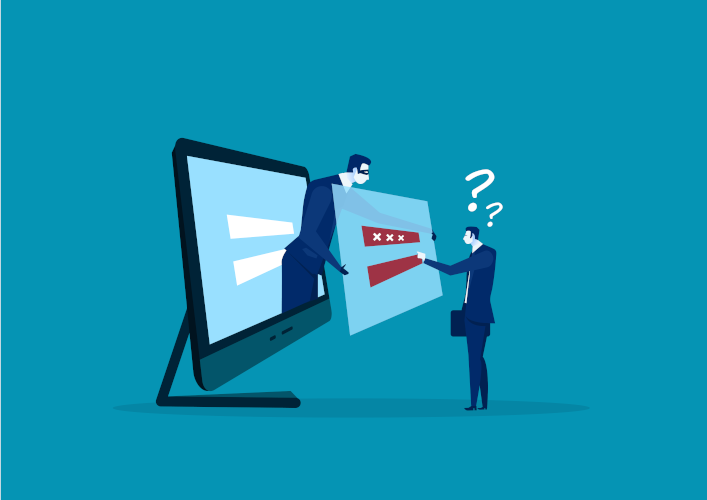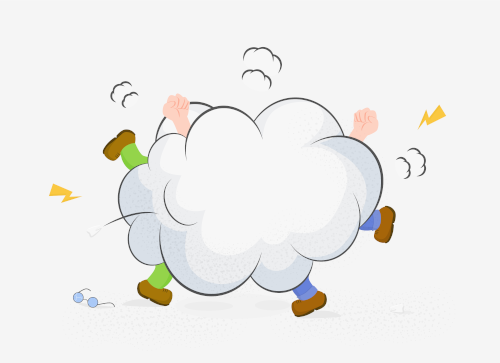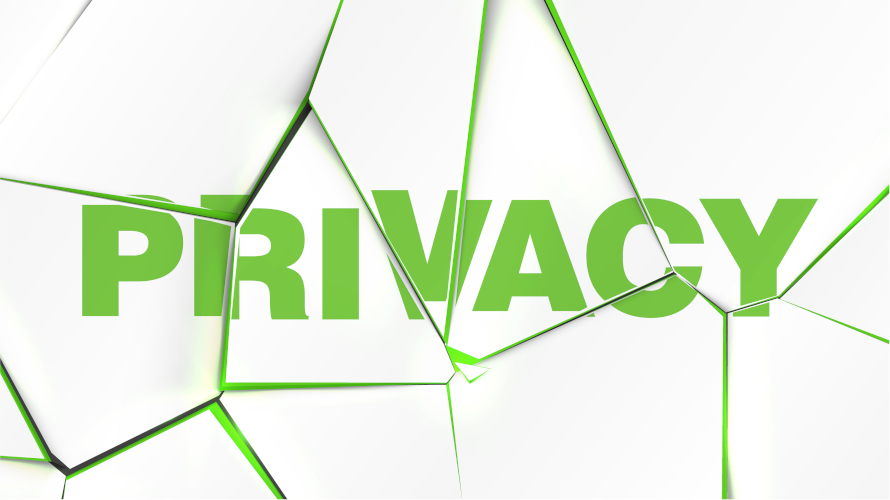Cryptocurrency varies a lot from traditional fiat and other forms of physical assets like gold. When there's a new technology, there are always new approaches from those trying to steal your private data or your funds. Have you ever had an unknown deposit in one of your cryptocurrency wallets and thought perhaps it was just a mistake? Maybe you were actually the victim of a dusting attack.
What is Crypto Dust?
Dust is somewhat of a slang term that has developed into a quite common crypto term. Crypto dust is what you would typically call a small amount of crypto, perhaps funds that are leftover in a wallet after a transaction, for example. While what one trader may consider dust, another may find a lot of money so there is no set amount that you could call dust. In this context, dust would be a small incoming transaction to your wallet, a transaction that you didn't ask for or want that often has malicious intent.
What is a Dusting Attack?
Due to the pseudo-anonymous nature of bitcoin and other cryptocurrencies with a public blockchain (such as Litecoin), there is often some interest from various third parties to understand who has control of specific wallet addresses, and what people are doing with any funds they have. While this can vary in difficulty if a user is cautious, one approach is using a dusting attack. A dusting attack is performed by sending a tiny amount of bitcoin or other cryptocurrencies to a wallet, or multiple wallets hoping to find a pattern. Once these dusted funds are moved, it can expose information about the owner of the wallets and what they do with their funds, this can be problematic for a range of reasons.
Dust can Lead to Phishing Attempts
The more information you have about someone, the easier it tends to be if you are a nefarious actor to phish someone. If any of us received a convincing enough email or other form of contact, we might be prone to a successful phishing attack. If information is provided to you that you think isn't public, you are less likely to question it, and this is where the harm can come from phishing that is a result from the information that can be gathered from tactics like dusting attacks.
Maybe you start receiving suspicious emails from companies you've dealt with, or services you've paid for in crypto for convenience or privacy. Phishing attacks are a global problem and not one that is only found in the cryptocurrency and blockchain space. If you are ever unsure about something, check. If a strange request is made from you that is out of the ordinary, check again. If you need to do something potentially sensitive, always login to the platform or website and initiate the conversation or process yourself. Always take care to stay safe when trading, or doing anything else online.

Losing Your Privacy Can Be Scary
Many of us would be very displeased about having our banking history exposed, every little private purchase on display. While it's easy to take this for granted when it's getting exposed to your bank, if you are singled out regarding some private transactions, things can get awkward. Perhaps you work in a workplace that has a strong "ethics" code, and you have previously purchased some form of adult products that you may be judged for that may affect your employment or social standing in some way. Perhaps you are a personal trainer who likes to sneak in a little too much takeaway and don't want your clients to find out.
There is vast potential, and countless examples of things could result in your being exposed to cyber extortion threats depending on your circumstances and what someone can find out about you. The more information someone has about you, the more cherry-picking they can do. Your financial privacy is important, and losing it can expose you to a range of potential dangers.
Tiny Amounts of Crypto Can Lead to Big Problems
It's common for people who live in first world countries to take for granted what it's like to live in an oppressive regime, many places around the world have, are, and probably will in the future face these horrible circumstances. Often when conditions are adverse, and citizens can't trust their own government, people start to look for options to protect both themselves and their finances, including using crypto for capital flight.
During economic instability, the local currency may begin to suffer from hyperinflation, or the government may start seizing assets from citizens. For people in these situations, a large scale dusting attack from their government can lead to a combined analysis that could result in your digital assets not just being exposed but seized or you being imprisoned. While some threatening emails are one thing, an oppressive government revealing your cryptocurrency transactions can be a considerable threat in the wrong circumstances.
How to Fight Against Deanonymizing Dusting Attacks
The dust isn't inherently dangerous in itself; it's what can be learnt from you using it that is the danger. One approach to dealing with unwanted crypto dust is to leave it unspent, which some crypto wallets have user-friendly support built in to do just that (Electrum or Samurai for example). If the wallet is a throwaway address you may not be too concerned and choose to ignore it, however, ensure you take note of not just what you have done with that wallet prior, but what you've done with other wallets you may have used to fund it as well. A combined analysis is required for a dusting attack to be successful, so the best thing you can do is not to spend the suspicious funds and move your remaining funds elsewhere. Beware of transferring funds from multiple addresses in an HD wallet (hierarchical deterministic wallet) to a new one in one transaction as this can provide information about multiple addresses and give those performing the dusting attack more information than they may have previously had before.

You May Not Always Be the Target
Just because you have been dusted, it doesn't necessarily mean that you will be the target of cyber extortion or other threats, but it does mean you should be more cautious. It's virtually impossible to know if you were just one address included to hide the real target of the attack or if you are part of the attack and are now a target. Large scale dusting attacks also sometimes happen for less nefarious means as well, a dusting attack may be used as a marketing stunt to gather some headlines, for example.
The problem with even non-malicious dusting is that it can result in giving those with bad intentions more information about you, without even needing to invest in the crypto required to do it themselves. So even if you believe you were likely caught up in something unrelated to you personally, beware that others may be looking for ways to use any potential knowledge against you still if they find something of interest.
Why Crypto Privacy Matters
Whether you are a large or small crypto investor, trader, holder, or just someone that likes to use crypto to buy things, you should pay some attention to your privacy. You never know in the future how public information mixed your private information could be used against you. Just like anything you do online, your privacy matters and crypto is only included in that as one of many valid concerns to consider.
Things You Can Do to Increase Your Crypto Privacy:
- Avoid reusing wallets where possible
- Be very careful about what information you provide online
- Trade peer-to-peer (P2P)
- See if privacy coins like Monero may be for you
- Don't move or spend dust you don't know the source of
- Use non-custodial wallets
- Never reuse passwords
- Always enable 2FA/MFA on sensitive accounts

Less Information is More Privacy
The Less information you leave lying around online, the less prone you are to not just dusting attacks but other forms of phishing and social engineering that don't just have the potential to affect crypto users, but anyone that uses the internet. If you think you aren't a target, login to your oldest email address and check your spam folder, odds are you have at least one extremely suspicious email. If you want to learn more about why privacy is so important, read more in our article regarding why privacy matters.
If you want to start trading P2P and taking your crypto privacy more seriously, LocalCoinSwap can help! Get started trading bitcoin, ethereum, and more. You can also join our Telegram community or follow us on Twitter & Facebook. To find more articles like this one, you can check out our Blog.
